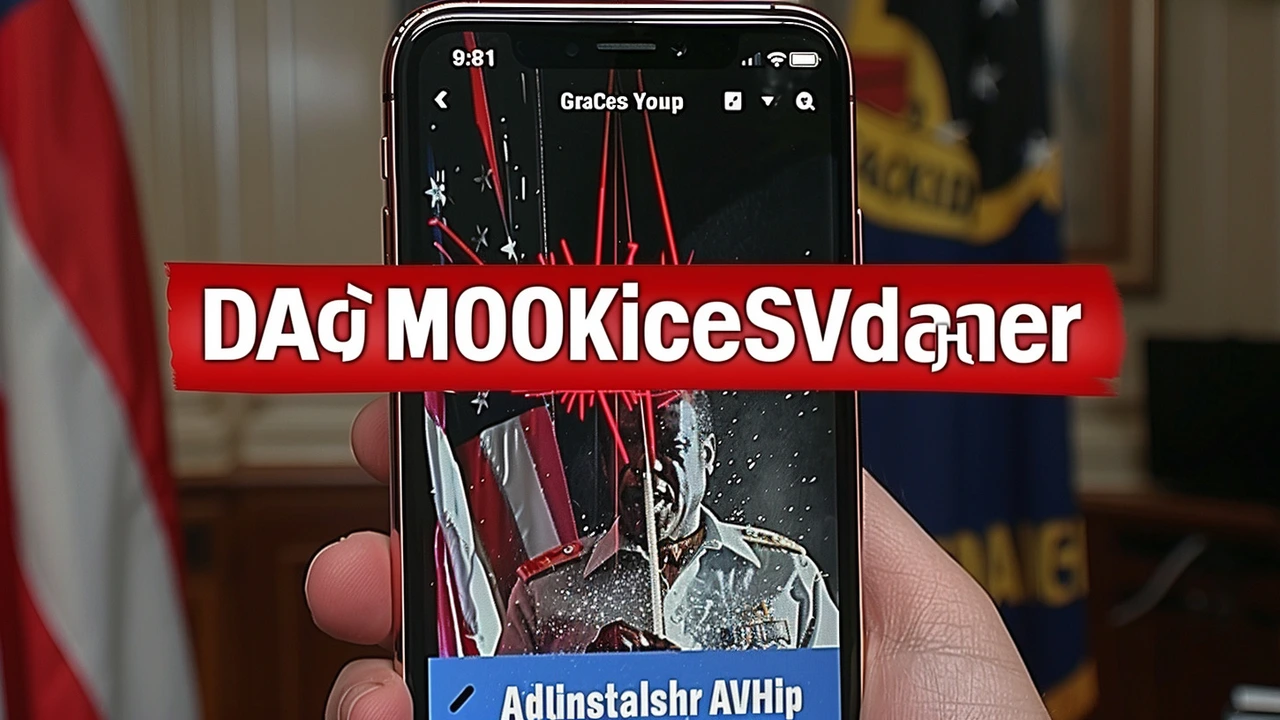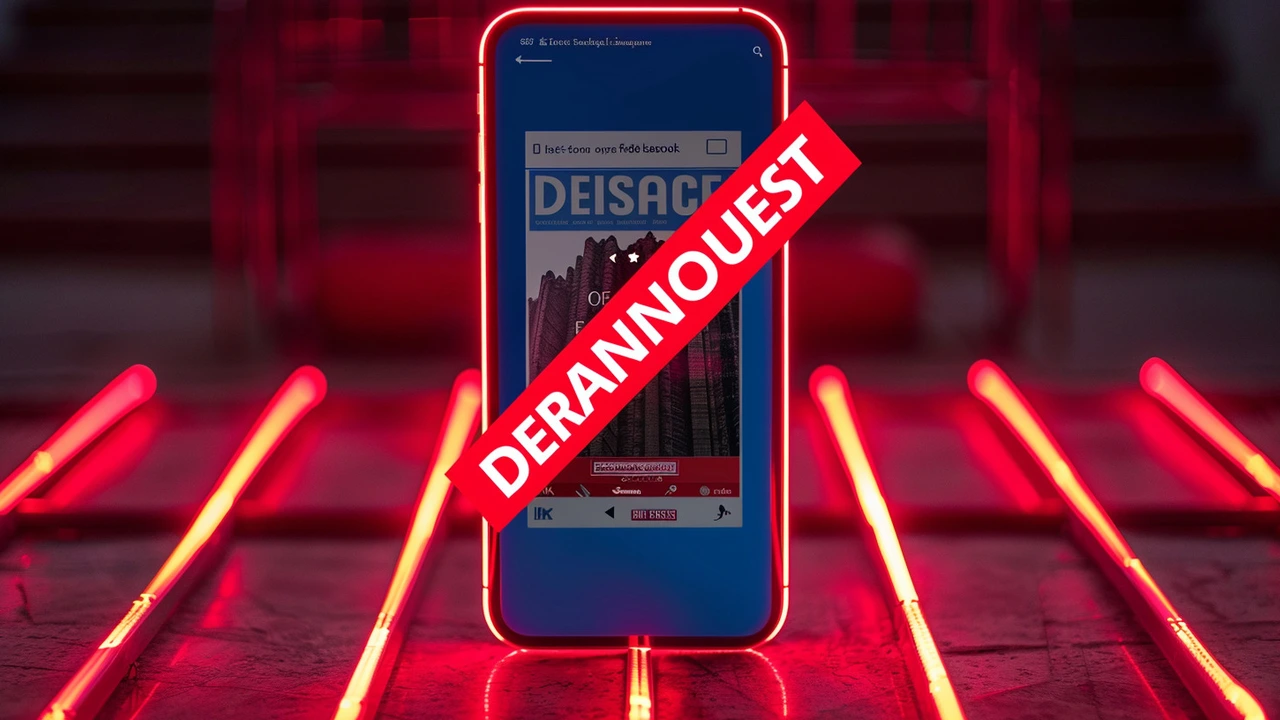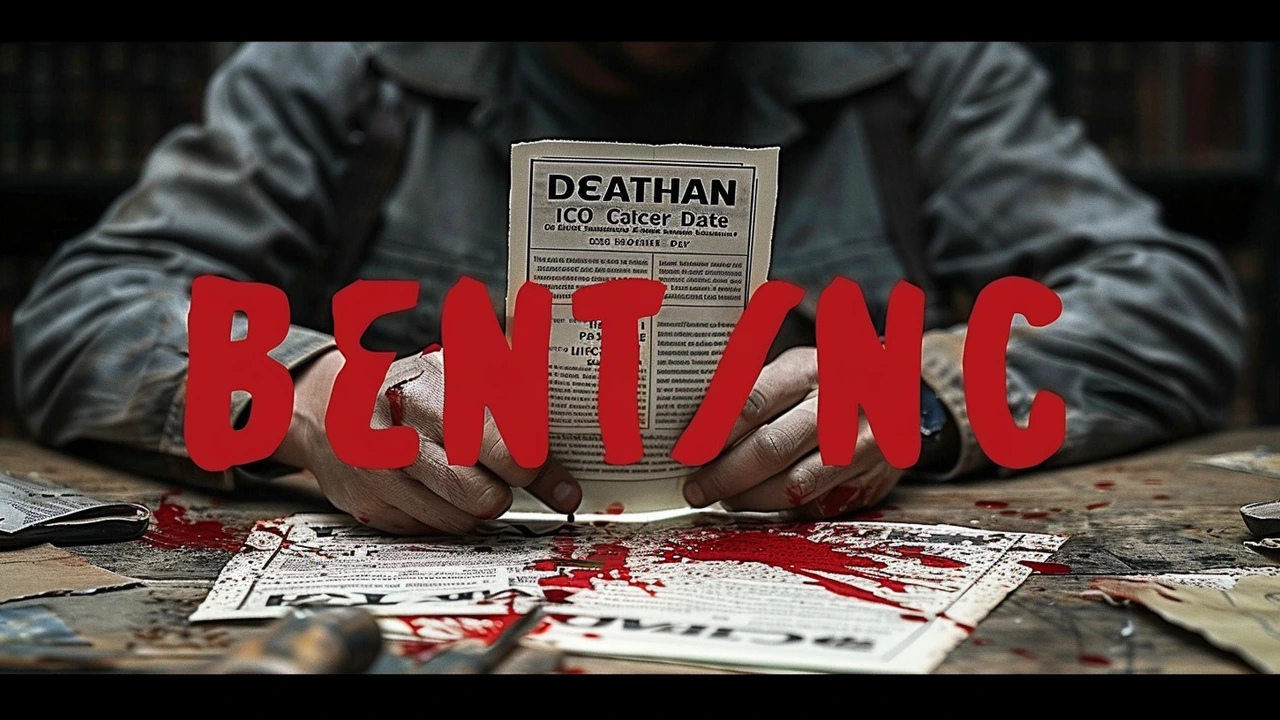FACT CHECK: Disqualification Rumors of ANC from 2024 Elections Studied and Debunked

Unearthing the Root of the Rumors
As the 2024 general elections approach in South Africa, a storm of misinformation has been swirling on social media. One particularly alarming claim suggested that the African National Congress (ANC), the country's ruling party, would be disqualified from participating in these elections owing to alleged misconduct by its members. This alarming news, although completely unfounded, caught the attention of a worried public and it became imperative to delve deeper into the veracity of these claims.
The rumor, circulating predominantly on social media platforms, suggested that the Electoral Commission of South Africa (IEC) had been instructed to exclude the ANC from the elections. Upon closer examination and official statements from the relevant authorities, it became clear that no such directive had been issued. The IEC operates within a strict framework dictated by the country's Electoral Code of Conduct, which has specific provisions detailing the circumstances under which any political party could potentially face disqualification.
Understanding the Electoral Code of Conduct
The Electoral Code of Conduct serves as the governing set of rules and regulations ensuring fair play and integrity in South Africa's electoral process. The code outlines a variety of behaviors that could lead to the disqualification of a political entity. These include violent provocation, voter intimidation, and the dissemination of false information regarding opposition parties. These measures are in place to safeguard the democratic process and ensure that all political activities transpire within a framework of respect and lawfulness.
IEC spokespersons reiterated that any disqualification would only come to pass if a political party engaged in conduct that violated the Electoral Act. This includes non-compliance with the Code of Conduct. It is essential to note that such drastic ramifications like party disqualification would not be arbitrarily imposed. A comprehensive and transparent legal process is meticulously followed, ensuring that all accusations are thoroughly examined and due process is upheld.

Mechanisms to Combat Election Disinformation
In partnership with Media Monitoring Africa (MMA) and social media companies, the IEC has taken proactive steps to combat the spread of disinformation during the election season. This collaboration focuses on monitoring and promptly addressing any false narratives or misleading information related to the elections. The initiative underscores a commitment to ensuring that South African voters receive accurate and trustworthy information, enabling them to make informed decisions at the polls.
Moreover, there is a structured process for reporting and taking action against breaches of the Electoral Code of Conduct. When an alleged violation occurs, it can be reported to the designated authorities, specifically the Secretary of the Electoral Court. The court then evaluates these complaints, and if a breach is confirmed, appropriate punitive measures, including fines, imprisonment, or even the cancellation of party registration, can be enforced.
Realistics Scenarios for Party Disqualification
Disqualification of a political party from elections is not a matter taken lightly and is bound by rigid legal frameworks. Actions that might lead to such drastic consequences involve serious offenses like using violent language, intimidating candidates or voters, or spreading false information about other political entities. South Africa's electoral system emphasizes safeguarding democracy, and hence, a transparent and accountable process is essential for maintaining public trust in the electoral proceedings.
In the context of the ANC's supposed disqualification, it is pertinent to understand that no confirmed breach warranting such a penalty has occurred, nor has there been a directive from the IEC in this regard. The misinformation likely stems from politically motivated attempts to destabilize the ANC's standing by sowing seeds of doubt and confusion among the electorate.

The Importance of Vigilance and Informed Voting
As South Africa gears up for the 2024 general elections, the IEC’s collaboration with MMA and social media companies plays a crucial role in ensuring the circulation of truthful and verified information. The public is encouraged to remain vigilant and critically assess sources of information before accepting them as facts. By doing so, the electorate can mitigate the effects of disinformation campaigns that seek to undermine the integrity of the electoral process.
Voters are urged to report suspicious content and potential breaches of the Code of Conduct through the established channels. This collective effort not only safeguards the democratic values of the nation but also fortifies the transparency and fairness of the upcoming elections. Those who respect the sanctity of the vote contribute to the promise of a brighter, more democratic future for South Africa.
Conclusion: Upholding Democratic Integrity
In summary, the alarming claim that the ANC faces disqualification from the 2024 general elections has been thoroughly debunked. The IEC has maintained its stance on adhering to the legal process outlined by the Electoral Act and the Code of Conduct. No directives have been issued for excluding the ANC, and any disqualification proceedings would be a result of a transparent and due legal process.
The collaborative efforts of the IEC, MMA, and social media companies embody a dedicated commitment to combating disinformation and ensuring that the electoral process remains fair and credible. It is integral for the public to remain informed, vigilant, and participative in safeguarding the democratic processes. Through collective responsibility, South Africa can navigate through the challenges posed by election disinformation and uphold the integrity of its democratic institutions.